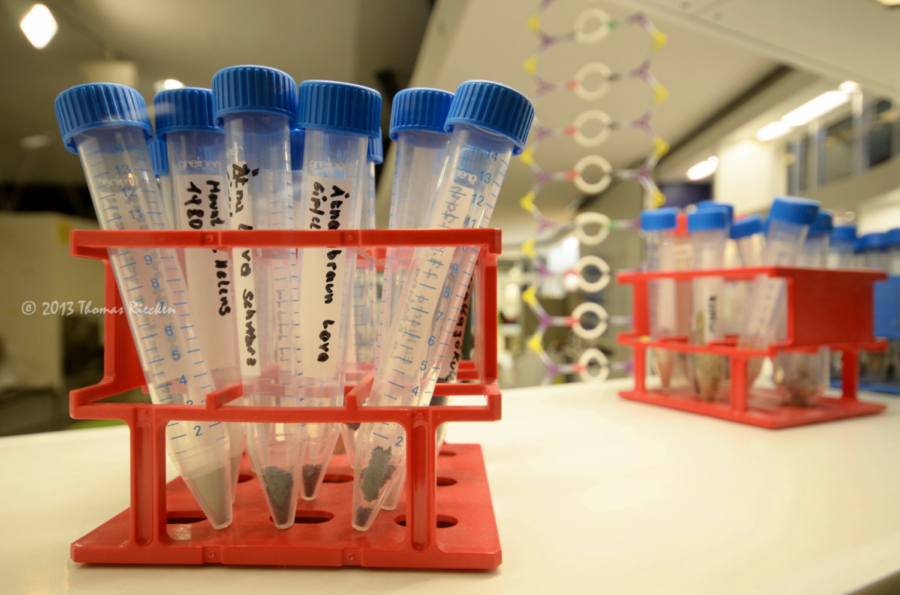Letter: Other subjects are important in the classroom
Letter writer Kimberly Zavoski advocates for teaching under-stressed subjects in elementary education.
March 21, 2021
As an elementary education major, I’ve seen the inside of many classrooms and seen what happens on a typical school day. Lots of learning happens, some messes are made and many smiles light up students’ faces. Reading, writing and math are heavily focused on in the classroom, and rightfully so. These are the foundations of all future learning, since in the fourth grade and beyond, students begin to read to learn about other subjects and are no longer learning to read.
However, other subjects that are just as important aren’t given enough instructional time in the classroom. I’ve heard one teacher I know claim that due to school being canceled last year because of the COVID-19 pandemic, her district requires that science and social studies are taught a maximum of 40 minutes per week. That’s less than 10 minutes a day for each subject.
Many people underestimate the importance of social studies and science because they are used less often in everyday life than reading and math. I’d counter that argument with the idea that social studies and science have similar but less recognized importance in our society.
Social studies isn’t just the teaching of history and tales of long-since passed historical figures, it’s a combination of disciplines such as civics, geography, economics and many more. These concepts are necessary to understand the underpinnings of our democracy and help students become future citizens and voters.
Without access to this knowledge, we don’t have active participation in our government systems and we have underinformed and inactive voters.
Science education isn’t just crucial for our future science, technology, engineering and math workers (although we do need many of them!).
Scientific understanding is vital for comprehending climate science and vaccinations, and technology is a large part of our everyday lives and workplaces. While every person doesn’t need advanced scientific knowledge, an understanding of basic science concepts is essential.
So while school districts cut back on these subjects to make more time for language arts and math, students’ knowledge bases suffer. To build a better, healthier society for tomorrow, we need to help our students have the tools they need to become informed citizens.
Kimberly Zavoski is a senior in elementary education.







